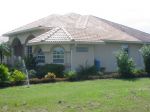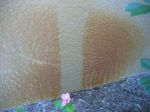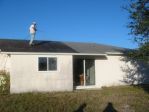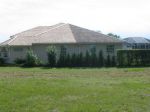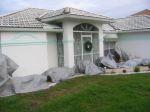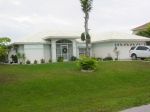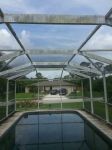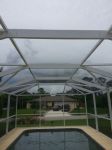The Roof Cleaning Institute Of America Training & Certification Forum
"Find A Certified Roof Cleaner Directory"
"Find A Certified Roof Cleaner Directory"
| Post Info | TOPIC: Pressure Washing Your Roof by Chuck Bergman Pressure Cleaning Florida | ||||||||||
|---|---|---|---|---|---|---|---|---|---|---|---|
|
|
|
||||||||||
|
|||||||||||
|
|
||



|
